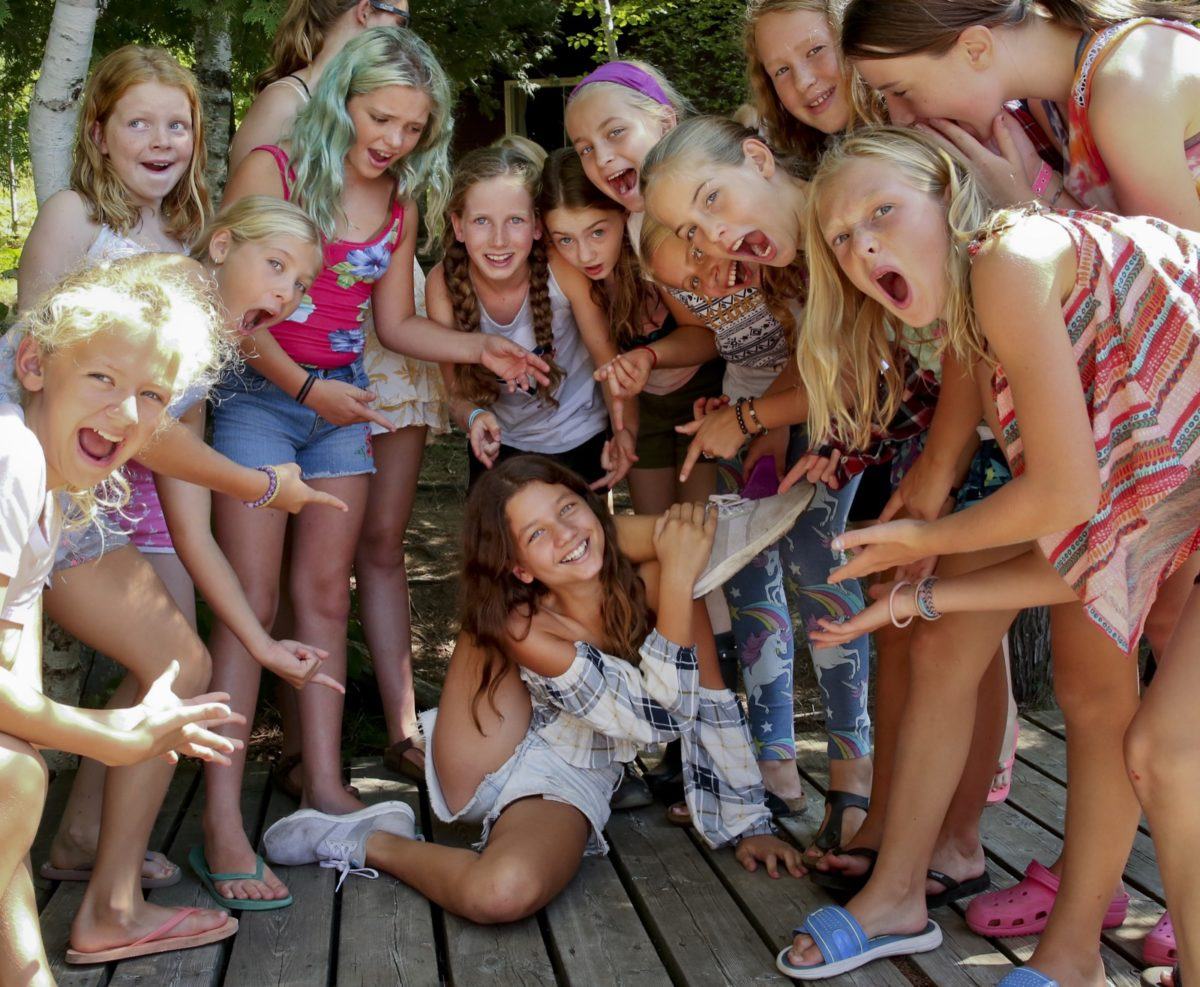Youth development in the camp setting: How does camp contribute to a young person’s emotional intelligence?
In 2012 the University of Waterloo published a study, called the Canadian Summer Camp Research Project. This study focused on five areas of positive growth:
1. Attitudes towards physical activity
2. Emotional intelligence
3. Social integration and citizenship
4. Personal development and self-confidence
5. Environmental awareness
Definition of Emotional Intelligence
A “type of social intelligence that involves the ability to monitor one’s own and others’ emotions, to discriminate among them, and to use the information to guide one’s thinking and actions”. (Mayer & Salovey, 1997).
As “camp people”, we have long been aware of the developmental benefits of attending overnight, summer camp. Many of the benefits we have seen in ourselves as we age. The ability to compromise, share, co-operate and be part of a team were lessons we learned sharing a bunk in a cabin with other girls. Social skills are required to figure out who would do what job in cabin clean up or how to navigate a difficult situation for example, a cabin mate who took a belonging without asking.
What did the research show?
69% of campers in the study experienced positive growth in EI.
Camp was an excellent setting for young people to develop EI. Camps offer an environment where it is acknowledged “children can openly express themselves while also learning how to cope with others in various social situations”. (Fine, S. (2016). Emotional Intelligence and Summer Camps. ACA Briefing Papers Series)
The learning centers around skill based activity as well as learning to be part of a community. In many instances, campers have the opportunity to regulate their “emotional states, sooth themselves when they are upset, focus their attention, relate well to others, have better friendships, and quite possibly do better in academic performance”. (Fine, S. (2016). Emotional Intelligence and Summer Camps. ACA Briefing Papers Series)
Why is this important?
Parents have and continue to see positive changes in their children after a summer camp experience. The learning that is done at camp is transferred into other areas of their lives, such as home and school. “Non cognitive intelligence, measured by EI, may help to predict success as it reflects how one applies knowledge to an immediate situation, cope with daily situations, and get along in the world”. (Bar‐On R., (1997). The Bar‐On Emotional Quotient Inventory (EQ‐i): a test of emotional intelligence. Toronto (Canada): Multi‐Health Systems)
To read more from this study, visit http://www.ahs.uwaterloo.ca/~tdglover/PDF%20Files/CSCRP%202011.pdf

